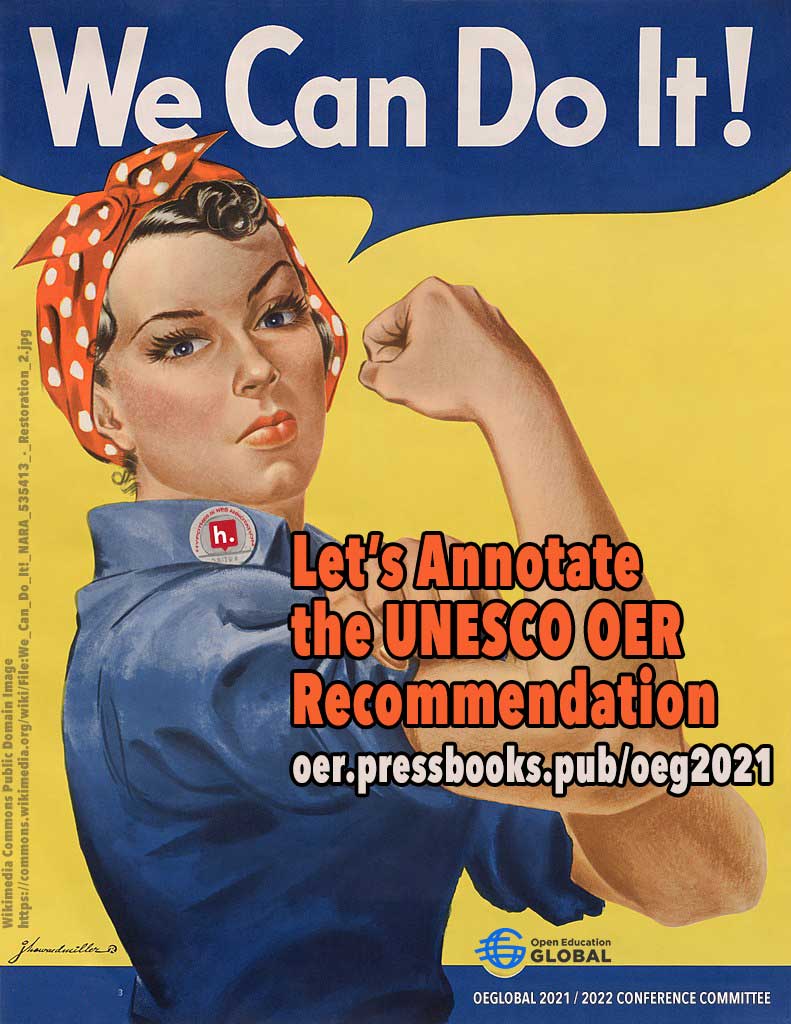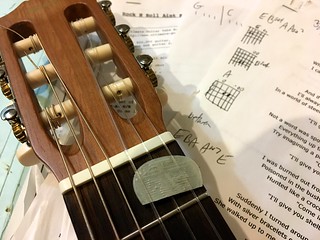1–3 февраля 2022 г. мы призываем аннотировать эту область «Разработка поддерживающей политики» мероприятием в OEG Connect.
Мы предлагаем место для обсуждения, предложения для аннотирования конкретных перечисленных элементов. в этой области действий, а также сеансы в прямом эфире, где мы можем вместе обсуждать и комментировать.
Аннотируйте с нами, чтобы заполнить эту часть рекомендации новыми примечаниями или ответить на существующие.
Что мы ищем? Мы хотим совместно расширить значение и применение конкретных слов в этом разделе Рекомендации по ООР, чтобы поделиться информацией о том, где политика связана с практикой.
- Если в вашем учреждении действует политика ООР, прикрепите ее к конкретному разделу, который лучше всего соответствует предложению. Это означает, как пример рекомендации выглядит в мире?
- Вы также можете изучить [OEPolicy Hub] (https://www.oepolicyhub.org/) для получения примеров других политик из разных частей мира и найти в рекомендациях, где они лучше всего связаны с
- Критически задайте вопросы по рекомендации, чтобы обсудить, где могут отсутствовать вопросы политики или где местные или национальные правила вызывают проблемы. Что следует изменить?
Ищите определенные слова или фразы в пунктах (a-h) статьи 12, чтобы прикрепить примечание или ответить на существующие примечания, которые вы там видите.

